Land-based farmer with upcoming Maine facility celebrates limited release
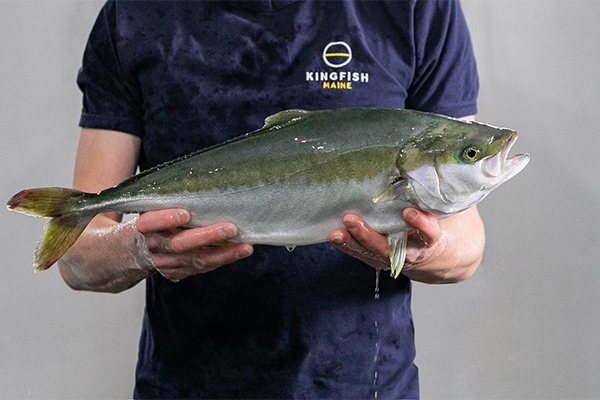
Kingfish Maine has harvested and released a limited amount of Dutch yellowtail produced at a land-based facility in Maine, a precursor to its upcoming permanent facility along the state’s coastline.
Currently operating at the Center for Cooperative Aquaculture Research (CCAR) in Franklin, Maine, the company is preparing to construct a recirculating aquaculture system (RAS) facility about 40 miles east in Jonesport that it got final approval for in late 2022.
“We have worked three long years to arrive at this point – harvesting our first Dutch yellowtail from Maine and completing all our permits for our land-based Jonesport facility,” said Kingfish Maine Operations Manager Megan Sorby. “This would not be possible without the collaborative work with our team at Kingfish Zeeland and our crew here at CCAR. We are excited to bring the first Dutch yellowtail from Maine to the market.”
Kingfish Zeeland and Kingfish Maine are both part of the Kingfish Company, based in the Netherlands. Kingfish is also known as hiramasa or greater amberjack.
Kingfish Maine’s limited release of fish will be distributed and served at restaurants in Maine, Boston, Washington, D.C., and California over the next two months. Bristol Seafood, which recently announced its B Corp. certification, is processing the limited reserve batch at its Portland, Maine, facility.
The keys to making land-based and offshore aquaculture work? Scale, scale, scale
“As a certified B Corp, Bristol collaborates with other companies which meet our standards of sustainability and environmental impact,” said Bristol Seafood President and CEO Peter Handy. “We are proud that the Kingfish team is entrusting us with processing and packaging its first Maine harvest of sustainably-raised Dutch yellowtail. We look forward to supporting Kingfish Maine as the company fully develops its facility in Jonesport.”
The Kingfish Company currently produces 1,500 metric tons (MT) of yellowtail kingfish (Seriola lalandi) at its Kingfish Zeeland facility in the Netherlands, with plans to expand to 3,500 MT in 2023. The Jonesport facility is projected to produce 8,500 MT annually.
Follow the Advocate on Twitter @GSA_Advocate
Now that you've reached the end of the article ...
… please consider supporting GSA’s mission to advance responsible seafood practices through education, advocacy and third-party assurances. The Advocate aims to document the evolution of responsible seafood practices and share the expansive knowledge of our vast network of contributors.
By becoming a Global Seafood Alliance member, you’re ensuring that all of the pre-competitive work we do through member benefits, resources and events can continue. Individual membership costs just $50 a year.
Not a GSA member? Join us.
Author
Tagged With
Related Posts
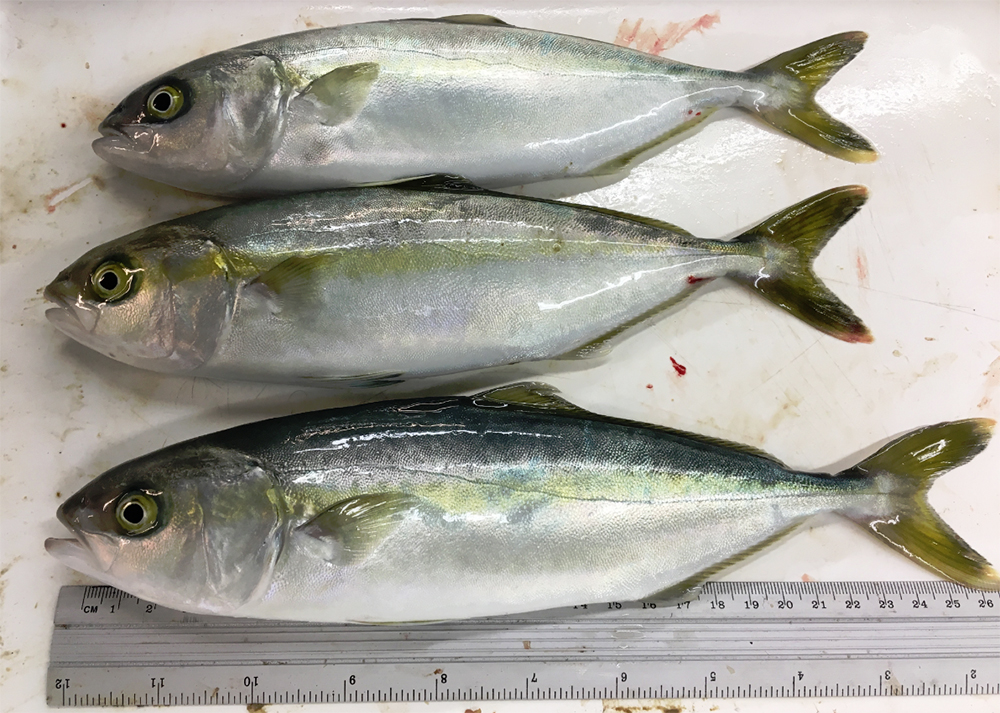
Health & Welfare
Long-chain PUFA requirements of juvenile California yellowtail
This study shows that soybean oil can totally replace fish oil in California yellowtail aquafeeds without affecting production performance and reducing the omega-3 fatty acid profile of fish tissues, as long as acceptable levels of ARA and DHA are provided.
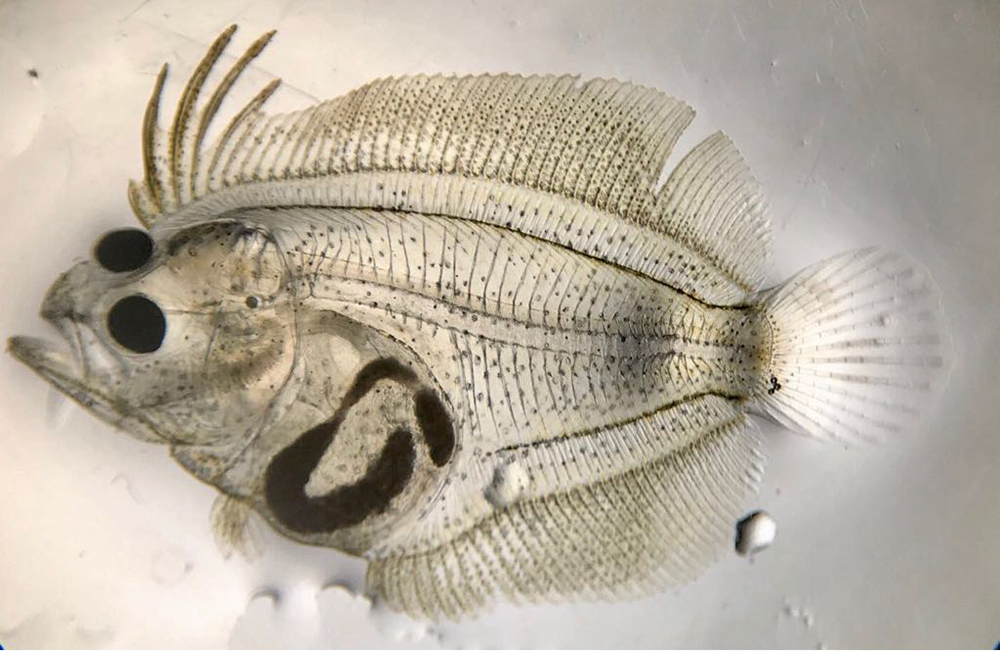
Health & Welfare
Tropical, subtropical marine fish hatchery technology needs improvement
Hatchery technology for most commercially important species of cultured marine fishes is essentially unchanged for the past several decades.
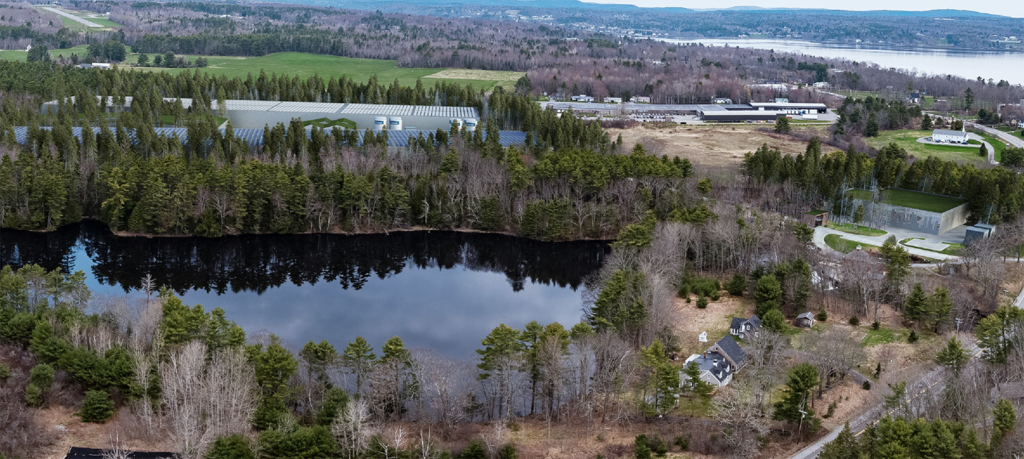
Responsibility
In search of social license, new land-based aquaculture ventures confront a familiar foe: NIMBY
Recirculating aquaculture systems in theory solve many environmental impact issues, yet they're not immune to NIMBY (not in my backyard).
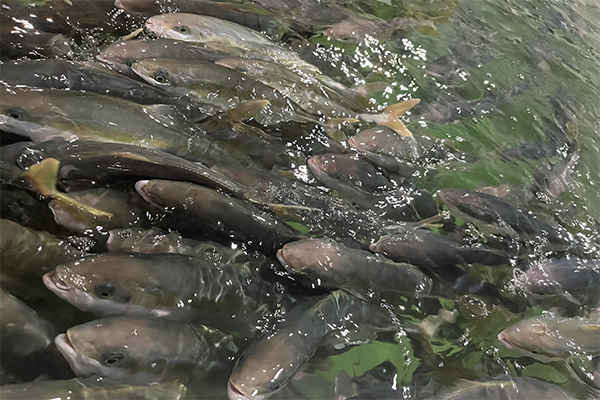
Intelligence
Kingfish Company gets final OK from Maine town for RAS farm
Jonesport, Maine, approved a building permit application for The Kingfish Company's planned land-based aquaculture facility for yellowtail.



